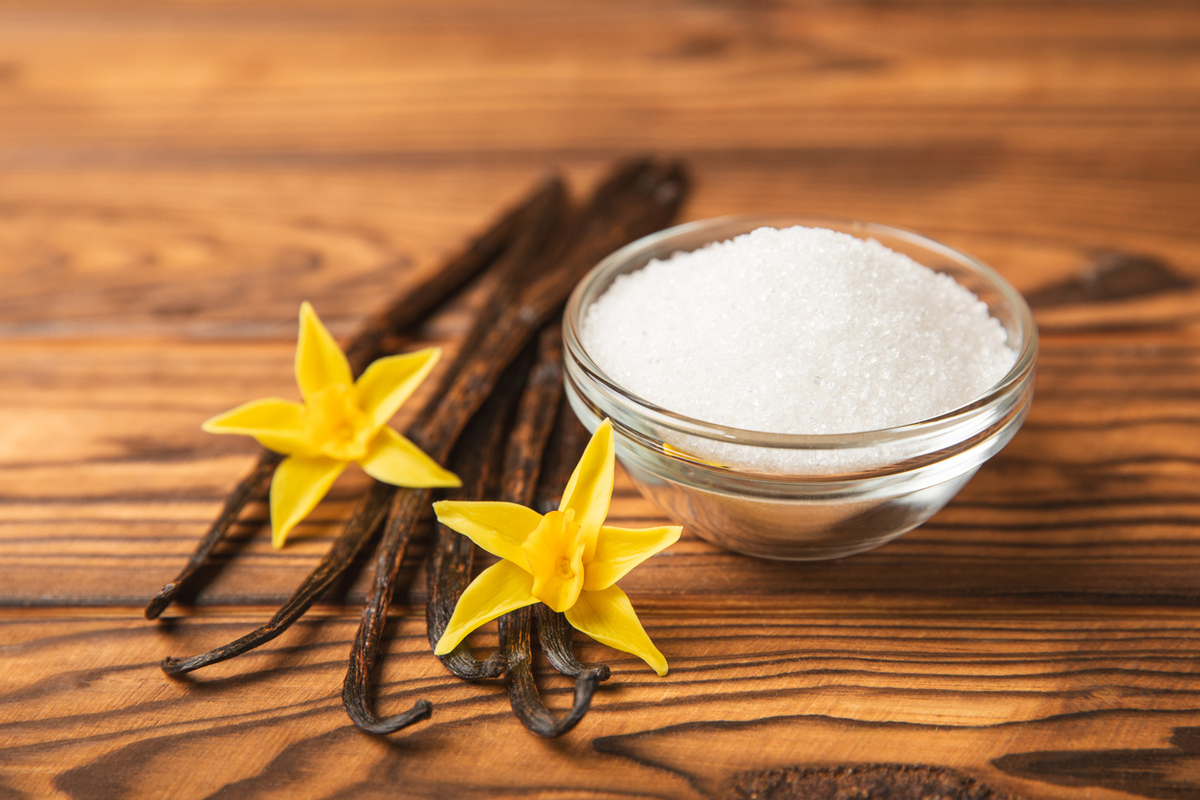
Scientists Turn Plastic Waste into Vanilla Flavoring Using Engineered Bacteria
July 2, 2025| |
Scientists from the University of Edinburgh have developed a novel approach to combat plastic pollution by converting plastic waste into vanillin, the primary component responsible for vanilla's flavor and aroma. The study, published in Green Chemistry, highlights the potential of synthetic biology to repurpose polyethylene terephthalate (PET) waste into a high-value product used in food, cosmetics, and industrial applications.
The research team genetically engineered the common laboratory bacterium Escherichia coli to convert terephthalic acid, a chemical obtained by breaking down PET, into vanillin through a series of biochemical reactions. The process was demonstrated by adding the engineered E. coli to the degraded plastic bottle and then transforming it into vanillin. According to Joanna Sadler, first author and BBSRC Discovery Fellow, this is the first example of using a biological system to upcycle plastic waste.
Dr. Stephen Wallace, principal investigator and UKRI Future Leaders Fellow, said that the study highlights the potential of plastic as a valuable carbon resource for producing high-value products. “This has very exciting implications for the circular economy,” Sadler said. The researchers said that the vanillin produced is fit for human consumption. The study sets the stage for further research and experimental tests needed to optimize vanillin production.
For more information, read the article from The University of Edinburgh or Edinburgh Innovations.
| |
You might also like:
- GM Bacteria to Fight Ocean Pollution by Breaking Down Plastics in Saltwater
- Antibiotic Combats Drug-Resistant Bacteria
- International Research Team Identifies Bacterium that Protects Rice Plants from Diseases
Biotech Updates is a weekly newsletter of ISAAA, a not-for-profit organization. It is distributed for free to over 22,000 subscribers worldwide to inform them about the key developments in biosciences, especially in biotechnology. Your support will help us in our mission to feed the world with knowledge. You can help by donating as little as $10.
-
See more articles:
-
Plant
- EFSA GMO Panel Releases Scientific Opinion on GM Maize MON 87427
- Study Pinpoints Rice Gene Vital in Salt Tolerance and Growth Vigor
- US FDA Completes Review of Altered Lignin Alfalfa Developed by Cibus and S&W Seed
- Korean Researchers Introduce Web Tool to Boost Accuracy of CRISPR
-
Food
- Researchers Explore Public Opinion on GMOs in Taiwan
- Clemson University Research Team Discover Genes that Could Help Peanuts Beat the Heat
- ISAAA Opens Registration for the 8th Asian Short Course on Agribiotechnology, Biosafety Regulation, and Communication (ASCA8)
-
Environment
- Scientists Turn Plastic Waste into Vanilla Flavoring Using Engineered Bacteria
-
Read the latest: - Biotech Updates (February 18, 2026)
- Gene Editing Supplement (January 28, 2026)
- Gene Drive Supplement (February 22, 2023)
-
Subscribe to BU: - Share
- Tweet

